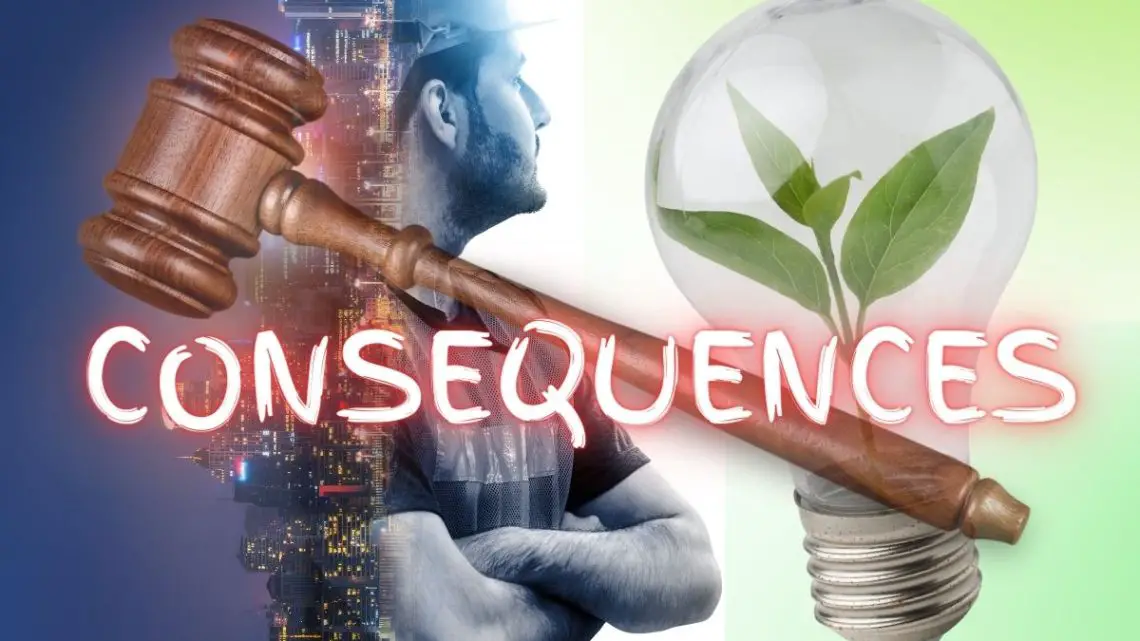
When green energy promises and projects backfire: legal consequences of broken promises
June 18, 2024 0 By Industry GuestAs we look towards cleaner energy to reduce the impact on climate change and meet net zero agendas, we can expect significant investment into infrastructure dedicated to the production of hydrogen.
As these projects require the design, construction and operation of new and complex technologies, often involving multiple stakeholders and significant capital investment, what can be learnt from the experience of delivering renewable energy infrastructure from other projects over the past decade?
The contractual models for delivery
Engineering projects often follow a process of design, build, commission, handover and operate.
Projects can be:
- “wrapped”, with one prime contractor who takes responsibility for the supply and integration of technology from various sub-contractors; or
- “unwrapped”, where the project owner contracts with numerous contractors and retains some or all of the “interface risk” between the various contractors.
Plant capability and defects
Disputes frequently occur where the commissioning tests show either the minimum operating capability is not met, or at a lower level than the “headline” capacity.

Failure to operate at the “headline” output level will result in reduced income – possibly for the life of the project. In such cases the project owner will consider making a claim for damages based on breach of contract and negligence.
Such claims can be complicated to unravel, particularly on “unwrapped” projects where contractors will each seek to deflect blame to others. As a result it can become difficult to pinpoint “causation” – i.e. which party’s breach caused the loss (and is therefore responsible for that loss).
Sometimes defects may become apparent after commissioning and handover: the Plant performance could be sub-optimal, problematic to operate or require frequent and unexpected maintenance. Disputes of this nature are often complicated due to arguments as to whether the defect or performance failure is due to the design or construction of the plant, or the way in which it has been operated and maintained in the period following handover.
Green Energy Project Delay
Delay can result in loss of income and additional costs for the project owner. Some delays may be “permitted” (for example, delays caused by force majeure or any number of pre-defined intervening events).
Consequently, it is crucial to establish the reason for a particular delay and whether it is a permitted delay (and afforded extra time and/or money). Where a delay is one for which the contractor is responsible, the project owner will need to look at whether it is able to recover its own losses (such as lost generation income, or payments due to other contractors).
The position will be complicated further in an “unwrapped” scenario, or where delay is caused by numerous factors, some of which are permitted and others the responsibility of the contractor.
Review the contractual requirements
Project owners facing disputes will reap the benefit of engaging lawyers experienced in the delivery of energy infrastructure projects to advise, draft and negotiate the contract in the first place.
In the face of a potential dispute, a review of the contractual documentation and security package is an important first step. Only having carried out that review will a party appreciate whether:
- there is a defect rectification/dispute resolution provision to follow before formal proceedings can be started.
- there is actually a breach of contract (i.e. what the nature of the contractor’s delivery obligation is).
- a party’s liability is capped or otherwise excluded (for example, time-barred).
Security documentation, such as performance bonds and parent company guarantees is a feature in all but the most lowly energy projects. Well-advised project owners will have a comprehensive suite of collateral warranties from designers and key subcontractors. All documents should be reviewed at an early stage so that the appropriate route, and any pre-conditions or time limits (for example bond expiry dates) can be established.
Dispute resolution process
If formal proceedings cannot be avoided, the parties will need to consider the appropriate dispute resolution method (which is often set out in the contract).
Contracts for ‘construction operations’ in England and Wales benefit from a statutory dispute resolution process of adjudication which is a relatively rapid interim process. However, certain operations on certain types of projects, including where the primary activity on site is power generation, are excluded from the operation of the legislation. Whether plants producing hydrogen count as “power generation”, and the type of operations taking place, will determine whether the adjudication scheme applies.
Otherwise, most disputes are pursued by way of arbitration or litigation through the courts. Many construction contracts include arbitration as the dispute resolution method. There are tactical and practical reasons why a party may want to refer a dispute to arbitration, including confidentiality and the ability to select the arbitrator.
Expert evidence
 The parties will need experienced independent experts to report on the causes of any defects (and appropriate remedial measures).
The parties will need experienced independent experts to report on the causes of any defects (and appropriate remedial measures).
Experts will need to give their opinions on the cause of any failure to meet performance standards or deadlines, and whether problems can be remedied such that the plant can achieve the required standard. Identifying the appropriate expert may not be straightforward as there may be a limited pool of experts with the requisite technical knowledge in the field, experience in writing reports and giving evidence to tribunals.
Conclusion
Whilst hydrogen may be the “new kid on the block” for renewable energy generation, there is a wealth of experience from the roll-out of other renewable technologies that can be applied to avoiding and resolving disputes. The best advice is to seek advice, so that the traps for the unwary can be avoided, and maximise the satisfactory resolution of broken promises.
About The Authors:
 Lianne Edwards is a partner in the Construction & Infrastructure Team at Ashfords, dealing with contentious construction matters. She acts for a range of clients including developers, local authorities, contractors and sub-contractors. Lianne’s dispute resolution experience includes acting for a range of clients in pre-action negotiations and all stages of the Pre-Action Protocol Process under the Pre-Action Protocol for Construction and Engineering Disputes, adjudications, arbitrations and court proceedings. Lianne’s contentious work involves advising on claims for delay, acceleration, extensions of time and loss and expense, repudiatory breach of contract, terminations and final account disputes.
Lianne Edwards is a partner in the Construction & Infrastructure Team at Ashfords, dealing with contentious construction matters. She acts for a range of clients including developers, local authorities, contractors and sub-contractors. Lianne’s dispute resolution experience includes acting for a range of clients in pre-action negotiations and all stages of the Pre-Action Protocol Process under the Pre-Action Protocol for Construction and Engineering Disputes, adjudications, arbitrations and court proceedings. Lianne’s contentious work involves advising on claims for delay, acceleration, extensions of time and loss and expense, repudiatory breach of contract, terminations and final account disputes.  Mark Manning is a Partner in the Construction & Infrastructure Team specialising in complex building and engineering contracts and ancillary contract documentation as well as construction and engineering disputes at Ashfords. Mark has significant experience in advising on and negotiating the contractual documentation used within the construction and engineering sector and providing advice and assistance on dispute avoidance and resolution. Mark has an excellent reputation within the local government, renewable energy, retail and leisure, water and waste and development sectors. Mark also regularly provides dispute resolution assistance within the construction and engineering sector, including assisting clients with adjudications and pre-action negotiations. He also has a wealth of experience in advising on complex disputes arising in relation to PPP/PFI contracts. Mark has extensive building contract experience and is described in Chambers & Partners Legal Directory as “proactive” and a “can-do person”, with clients praising his ability to “digest and comprehend complex contractual issues quickly”.
Mark Manning is a Partner in the Construction & Infrastructure Team specialising in complex building and engineering contracts and ancillary contract documentation as well as construction and engineering disputes at Ashfords. Mark has significant experience in advising on and negotiating the contractual documentation used within the construction and engineering sector and providing advice and assistance on dispute avoidance and resolution. Mark has an excellent reputation within the local government, renewable energy, retail and leisure, water and waste and development sectors. Mark also regularly provides dispute resolution assistance within the construction and engineering sector, including assisting clients with adjudications and pre-action negotiations. He also has a wealth of experience in advising on complex disputes arising in relation to PPP/PFI contracts. Mark has extensive building contract experience and is described in Chambers & Partners Legal Directory as “proactive” and a “can-do person”, with clients praising his ability to “digest and comprehend complex contractual issues quickly”.


 With over 15 years of reporting hydrogen news, we are your premier source for the latest updates and insights in hydrogen and renewable energy.
With over 15 years of reporting hydrogen news, we are your premier source for the latest updates and insights in hydrogen and renewable energy.